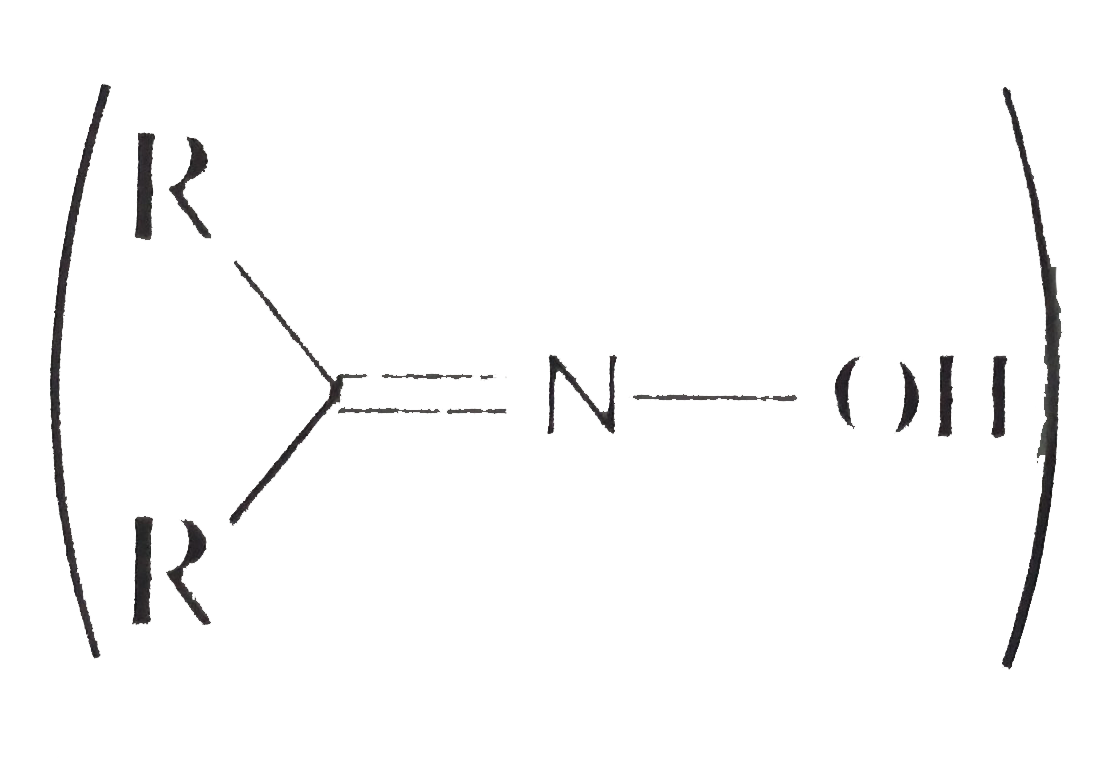Assertion : Anilinium chloride is more acidic than ammonium chloride.
Reason : Anilinium chloride is resonance stabilised
a. if both assertion and reason are true and reason is thr correct explanation of assertion
b. If both assertion and reason are true but reason is not the correct explanation of assertion
c. If assertion is true but reason is false
d. If both assertion and reason are false.
The correct Answer is:C
To solve the question, we need to analyze the assertion and reason provided regarding the acidity of anilinium chloride and ammonium chloride.
1. Understanding the Compounds:
- Anilinium Chloride: This is the salt formed from aniline (C6H5NH2) and hydrochloric acid (HCl). Its structure can be represented as C6H5NH3^+ Cl^−.
- Ammonium Chloride: This is the salt formed from ammonia (NH3) and hydrochloric acid (HCl). Its structure is NH4^+ Cl^−.
2. Acidity Concept:
- Acidity is defined as the ability of a compound to donate a proton (H^+). The more stable the conjugate base after the proton is removed, the stronger the acid.
- The stability of the conjugate base is often related to the delocalization of charge. Delocalized charges are more stable than localized charges.
3. Analyzing Anilinium Chloride:
- When anilinium chloride donates a proton (H^+), it forms aniline (C6H5NH2).
- The conjugate base (aniline) has a lone pair of electrons on the nitrogen that can participate in resonance with the benzene ring. This delocalization stabilizes the aniline molecule.
4. Analyzing Ammonium Chloride:
- When ammonium chloride donates a proton, it forms ammonia (NH3).
- The conjugate base (NH3) does not have any resonance stabilization. The lone pair on nitrogen is localized and does not participate in any delocalization.
5. Comparing Acidity:
- Since the conjugate base of anilinium chloride (aniline) is resonance-stabilized, it is more stable compared to the conjugate base of ammonium chloride (NH3), which is not resonance-stabilized.
- Therefore, anilinium chloride is more acidic than ammonium chloride.
6. Conclusion on Assertion and Reason:
- The assertion that "Anilinium chloride is more acidic than ammonium chloride" is true.
- The reason that "Anilinium chloride is resonance stabilized" is also true, as the lone pair in aniline can delocalize.
- However, the reason does not fully explain the assertion because it does not address the comparison with ammonium chloride directly.
Final Answer:
The assertion is true, but the reason is not the correct explanation of the assertion. Therefore, the correct option is C: Assertion is true but the reason is false.
- Anilinium Chloride: This is the salt formed from aniline (C6H5NH2) and hydrochloric acid (HCl). Its structure can be represented as C6H5NH3^+ Cl^−.
- Ammonium Chloride: This is the salt formed from ammonia (NH3) and hydrochloric acid (HCl). Its structure is NH4^+ Cl^−.
- Acidity is defined as the ability of a compound to donate a proton (H^+). The more stable the conjugate base after the proton is removed, the stronger the acid.
- The stability of the conjugate base is often related to the delocalization of charge. Delocalized charges are more stable than localized charges.
- When anilinium chloride donates a proton (H^+), it forms aniline (C6H5NH2).
- The conjugate base (aniline) has a lone pair of electrons on the nitrogen that can participate in resonance with the benzene ring. This delocalization stabilizes the aniline molecule.
- When ammonium chloride donates a proton, it forms ammonia (NH3).
- The conjugate base (NH3) does not have any resonance stabilization. The lone pair on nitrogen is localized and does not participate in any delocalization.
- Since the conjugate base of anilinium chloride (aniline) is resonance-stabilized, it is more stable compared to the conjugate base of ammonium chloride (NH3), which is not resonance-stabilized.
- Therefore, anilinium chloride is more acidic than ammonium chloride.
- The assertion that "Anilinium chloride is more acidic than ammonium chloride" is true.
- The reason that "Anilinium chloride is resonance stabilized" is also true, as the lone pair in aniline can delocalize.
- However, the reason does not fully explain the assertion because it does not address the comparison with ammonium chloride directly.
The assertion is true, but the reason is not the correct explanation of the assertion. Therefore, the correct option is C: Assertion is true but the reason is false.
Similar Questions
Assertion : Anilinium choride is more acidic than ammonium chloride.
Reason : Anilinium ion is resonance-stabilised.
View SolutionCesium chloride is more stable than sodium chloride. Assign reason.
View SolutionCamphor and ammonium chloride can ……………
View SolutionAssertion : Phenol is more acidic than ethanol.
Reason : Phenoxide ion is resonance stabilized.
View SolutionThallous chloride is more stable than thallic chloride because of
View SolutionOn adding ammonium chloride to a solution ammonium hydroxide
View SolutionAssertion:- Ethyl chloride is more reactive than vinyl chloride.
Reason:- Vinyl is electron repelling group showing +I.
View SolutionAmmonium chloride and sodium nitrite.
View SolutionAssertion : Stannous chloride gives grey precipitate with mercuric chloride , but stannic chloride does not do so.
Reason : Stannous chloride is a powerful oxidising agent which oxidises mercuric chloride to metallic mercury .
View SolutionOxides
 are more acidic than hydroxylamine (NH2OH).
are more acidic than hydroxylamine (NH2OH).
Conjugate base of oxime is resonance stabilised.
View Solution